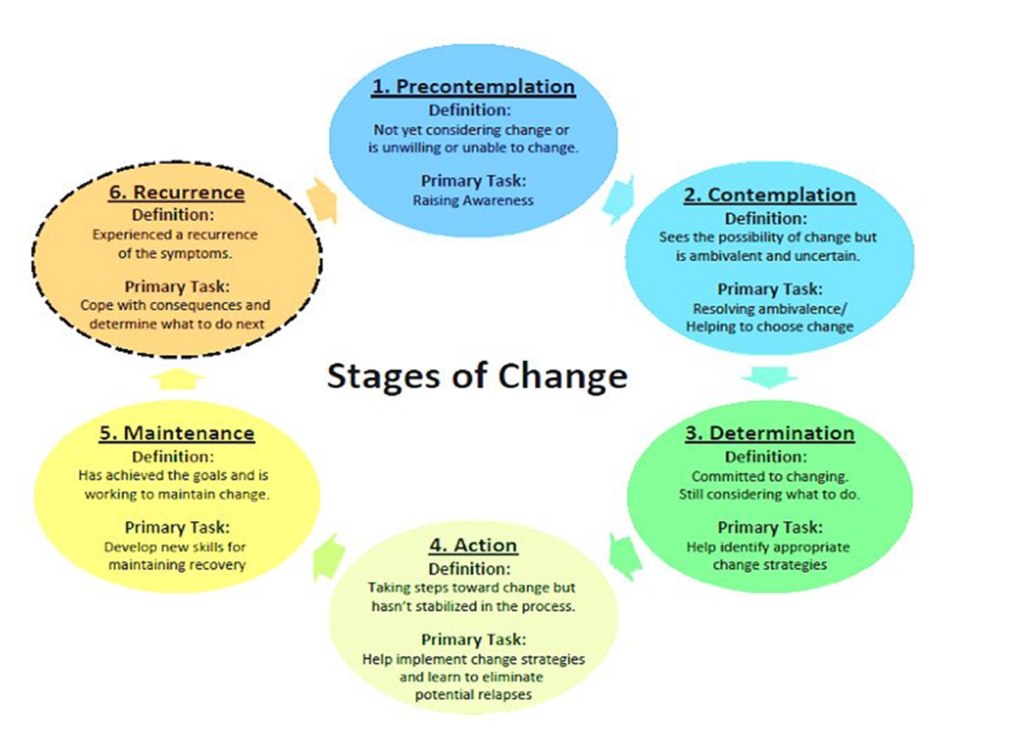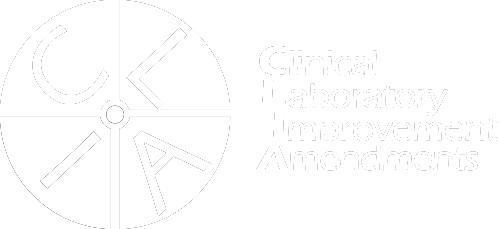Just as there’s never a single solution for every individual with Substance Use Disorder (SUD), one size does not fit all when it comes to client case plans.
Probation case managers need to assess client backgrounds, their needs and their abilities to customize each plan to give individuals the best chance for success on the road to recovery, says Michelle Hart, a former probation officer for Coconino County, Ariz.
Hart, a board member of the Arizona Association of Drug Court Professionals and an advisor for the National Drug Court Resource Center and the Rural Justice Collaborative, led a recent Averhealth webinar to encourage case managers to create a case plan that’s tailored to the unique needs of each individual.
Here are some of her tips for better case management. You can watch the entire webinar by clicking on the link at the end.
SMART Goals
First, case workers should help their clients create SMART goals: (S)pecific, (M)easurable, (A)ttainable, (R)ealistic, and (T)ime-bound. Case managers can better set up their clients for success by creating goals that identify specific needs with realistic and measurable actions within a designated time frame.
Risk Assessment
Next, case workers should complete a risk assessment to better understand their client’s background and their criminogenic needs – factors that contribute to their chance for recidivism. In a risk assessment, eight domains are considered, including criminal history, antisocial personality traits, criminal thinking, and criminal associates. Four other, lesser factors include substance use disorder, poor or conflictual familial relationships, poor performance in work or school, and a lack of prosocial activities or sense of purpose.
In the past, risk assessments were used to categorize clients into one of three supervision levels – low, medium or high. Today, Hart reminds us, risk assessments are used to spark collaborative conversations between clients and case workers about a client’s specific strengths and weaknesses, encouraging a deeper level of understanding rather than just remedy.
Behavioral Analysis
While risk assessment helps case workers paint an overarching picture, it does not address how or why those areas need to be improved. That’s where behavioral analysis comes in.
Behavioral analysis helps clients and case workers understand past and current client behaviors. By identifying drivers – such as the people, places, and things that influence and/or increase the likelihood to participate in criminal behavior – and patterns of behavior, case workers and clients can collaborate to better understand what triggers criminal behavior for the client. Once the how and why behind criminal conduct are identified, it’s easier for the client and case worker to create an effective case plan to reduce recidivism.
Stages of Change
Another important element to consider when crafting an effective case plan is a client’s stage of change, Hart said during the webinar. For example, if clients are still in the pre-contemplation stage, meaning they are not yet ready to change in this area of interest, they will need significant motivational encouragement from their case worker to advance to the next stage of change.
So individuals struggling with SUD who use multiple substances may be at different stages of change regarding each substance they struggle with; a client might be ready to quit heroin but might be unwilling to stop alcohol. Knowing a client’s present stage of change can help the case worker and client alike stay on track while working toward their shared goals. These stages are illustrated here:

Living Documents
Hart argues that case plans are fluid – living documents that are meant to be reviewed and updated in coordination between clients and treatment workers throughout this process. Since this is a long and difficult process for clients, she encourages case workers to celebrate accomplishments incrementally and incentivize achievements to help clients stay motivated and encouraged to succeed.
Click here to see the entire webinar.
And be sure to contact us for any questions about case plans and how to help.



